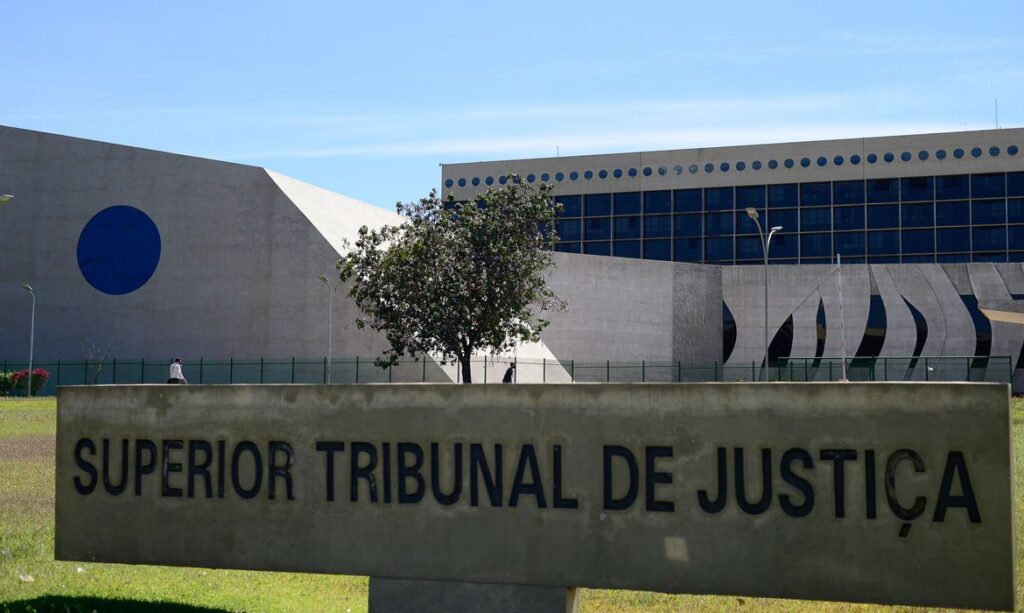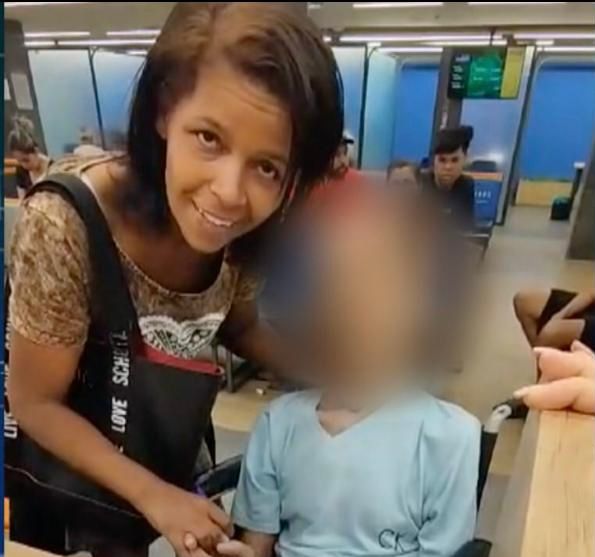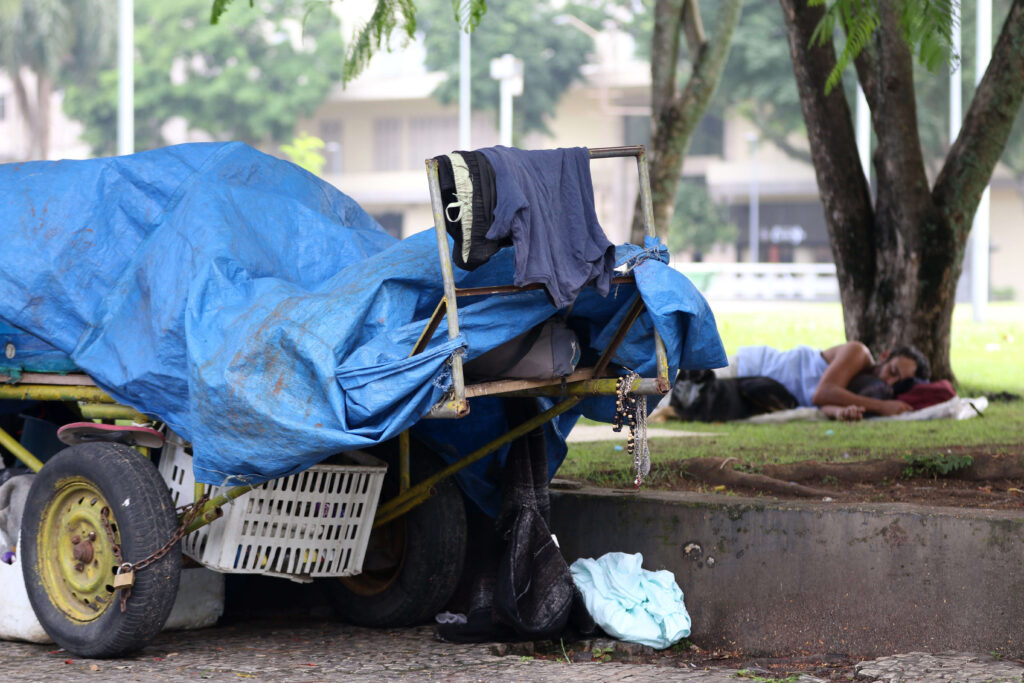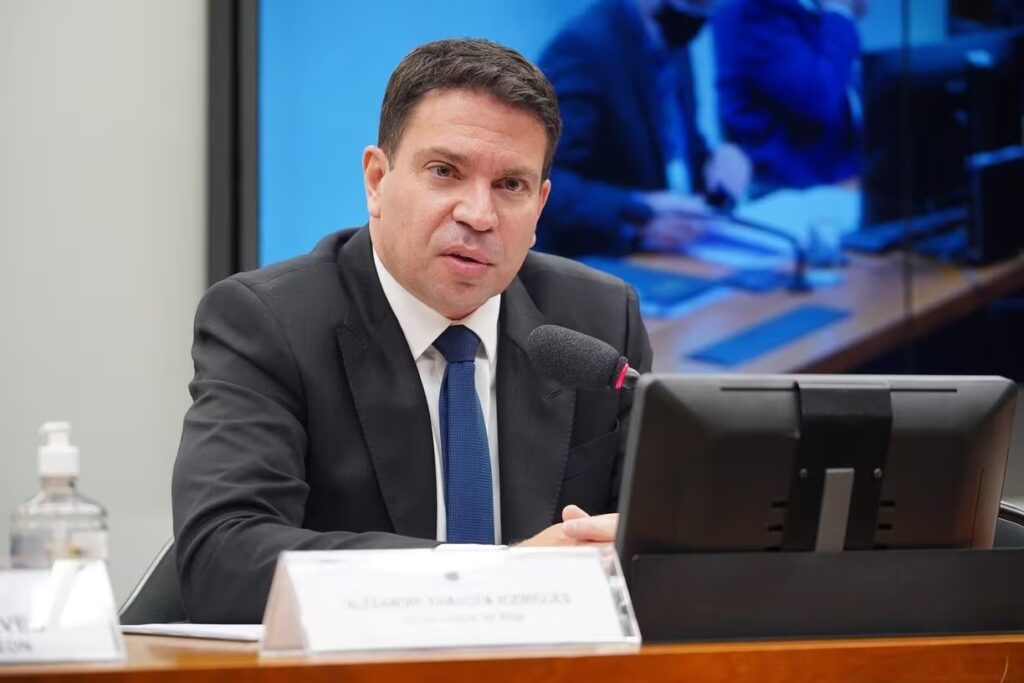São Paulo, Brazil – The Brazilian Justice admitted a request from the government of Italy and will judge whether the soccer player Robinho, condemned by the Italian Justice to nine years in prison for collective rape, serves his sentence in Brazil.
Robson de Souza, widely known as “Robinho,” was accused of raping a 23-year-old Albanian woman in a Milan nightclub in January 2013. Five friends of the former AC Milan striker are said to have participated in the sexual violence. The Italian police conducted a long investigation, which included telephone interceptions in which Robinho and a friend spoke about the case and agreed on what they would say to the police.
The player was sentenced for the first time in 2017 and received a sentence of nine years in prison. Three years later, an appeals court confirmed Robinho’s conviction. The three judges, all women, who analyzed the case, highlighted the “contempt” with which Robinho treated the victim, who was also “brutally humiliated” by the player.
The case was adjudicated by the superior court in 2022 and it is no longer possible to appeal, meaning the conviction is definitive. At that time, a warrant was issued for his arrest. Robinho left Italy in 2014, when the investigation had already started, and currently lives in Brazil, his home country.
After confirming the conviction in all courts, the Italian court asked for the extradition of the athlete, which was denied. This is because Brazil’s Constitution states that the country will not extradite its citizens. On February 18, Italy filed a new request, this time for Robinho to serve his sentence in Brazil.
The processing of the request was admitted by the Superior Court of Justice, the second highest court in the country, just below the Supreme Court. This means that the Brazilian Justice will analyze the possibility of arresting Robinho, but there is still no date for a judgment.
But the first step was taken last week: the Public Prosecutor’s Office gave a favorable opinion to Robinho’s arrest in Brazil and handed over to the court four addresses linked to the player so that he could be notified about the process.
Now, Robinho will have to present his defense. He has always denied having raped the victim, but has admitted to having sex with her. According to Robinho, the encounter was consensual.

What the law says
The possibility of transferring a foreign conviction is provided for in the Migration Law, approved by Brazilian Congress in 2017. The responsibility of validating the conviction given by foreign countries rests with the Superior Court of Justice, which already has Robinho’s case in hand.
According to the prosecutor Vladimir Aras, former secretary of International Legal Cooperation of the Public Prosecutor’s Office, this section of the Migration Law is exactly for the case of Brazilians who cannot be extradited, such as Robinho.
“As Robinho’s conviction was handed down by the Justice of a Democratic State of Law, it can be recognized by Brazil, based on the Migration Law,” he said. Aras believes that executing the sentence in Brazil is the best solution for the case, since Robinho’s conviction is definitive “and the process cannot go backwards.”
According to lawyer Davi Tangerino, the role of the Superior Court of Justice is just to validate, or not, the conviction handed down by the Italian court. This means that it is not possible to change the penalty imposed on the player.
“This decision is done and it is immutable. It is up to the court only to verify if the necessary requirements are present to validate the decision and realize it as if it had been issued by a Brazilian judge,” he said to Brazil Reports.
To validate the foreign decision, according to Tangerino, it is necessary that the case involves a native Brazilian with a definitive conviction. Also, it demands a cooperation treaty between the countries or a promise of reciprocity for possible similar situations in the future.
“In this case, there is no treaty between Brazil and Italy. Therefore, for the Robinho case to gain effectiveness in Brazil, Italy has to promise reciprocity. If one day Brazil asks for the execution of a sentence against an Italian convicted by the Brazilian Justice, Italy must also offer the same courtesy that it now expects to receive from Brazil in the Robinho case,” said Tangerino.











